Understanding Section 8 Housing
Section 8 housing is a federal assistance program designed to help low-income families, the elderly, and individuals with disabilities afford safe and decent housing in the private market.
Property management companies that accept Section 8 vouchers play a crucial role in providing inclusive housing options. These vouchers are administered locally by public housing agencies (PHAs) and give tenants the freedom to choose their own living space in participating properties.
How does Section 8 Housing work in NYC?
Section 8 Housing, formally known as the Housing Choice Voucher Program, is a federal initiative designed to assist low-income families, individuals with disabilities, and seniors in New York City (NYC) to afford housing in the private rental market. The New York City Housing Authority (NYCHA) administers this program, which is the largest in the country with over 92,000 households participating.
Section 8 Eligibility and Application Process in NYC
-
Eligibility Criteria: Eligibility for Section 8 in NYC is based on several factors:
-
Income Limits: Your family must meet specific income limits at admission. For example, in 2023, the annual income limit for a single-person household was $46,700, and it increased with each additional family member.
-
Immigration Status: At least one family member must have an eligible immigration status.
-
Family Composition: The family must meet the U.S. Department of Housing and Urban Development’s definition of a family.
-
Social Security Numbers: Each family member with a Social Security number must provide it as part of the application process.
-
Criminal Background and Sex Offender Checks: Family members aged 16 and older must pass these checks.
-
-
Application Process:
-
Waiting List Application: First, submit a waiting list application with your local Housing Authority. This requires information such as citizenship status, household income, and proof of housing and financial hardship.
-
Special Qualifications: Housing authorities often prioritize individuals with special needs, such as seniors, persons with disabilities, and veterans.
-
Monitoring Waitlist Status: Since there is usually a high demand for vouchers, it’s important to continually monitor your status on the waitlist.
-
Finding a Home: Once you receive a voucher, search for an appropriate home or apartment that accepts Section 8 vouchers.
-
How the Program Works
-
Rental Assistance: The program provides housing vouchers to qualified participants to help offset a portion of their monthly rent. Generally, families pay no more than 40% of their monthly income towards their rent, while NYCHA pays the remainder to the property owner.
-
Tenant Responsibilities: Voucher recipients are responsible for covering the remaining rent balance and paying it directly to their landlords.
-
Safety and Quality Standards: Properties participating in the program must comply with health and safety requirements, ensuring safe and comfortable living environments for participants.
Current Status of Section 8 in NYC and Additional Options
As of the latest information, the general Section 8 waitlist in NYC is closed to the public, and NYCHA is only accepting referrals for its Section 8 waitlist for specific categories. The NYCHA periodically updates its waitlist and will advertise the opening or closing of the waitlist.
For those unable to access Section 8 vouchers, alternative options for affordable housing include NYC Housing Connect and NYC Housing Development Corporation.
Key Points for Tenants
-
Housing Choice Voucher: This is a document that certifies eligibility for Section 8 rental assistance, listing the voucher holder’s name, unit size they can search for, the timeframe for which the voucher is valid, and the family’s obligations under the program.
-
Tenant’s Rent Share: The tenant-share portion of the rent is generally 30% of the family’s adjusted gross income and should not exceed 40% at initial rental.
-
Removal from Waitlist: Applicants may be removed from the waitlist for reasons like failure to respond to requests, failure to complete applications, or failure to rent an apartment before the voucher expires.




